The e-booklet is prepared as part of the KA2 Erasmus+ project #WeCoLead – Young
Women’s Leadership for Collaborative Sustainable Communities, project number:
KA220-YOU-64CD14A2. The project’s partnership includes by SwIdeas (Sweden,
coordinator), COMM’ON (Greece), CESIE (Italy), Formation et Sensibilisation de
Luxembourg (Luxembourg), SZUBJEKTIV ERTEKEK ALAPITVANY (Hungary).
The purpose of the e-booklet is to provide young people and youth workers with
useful tools so that they are able to continue to transfer the knowledge and
experience they have started within the project to other young people,
especially women. It is noteworthy that the e-booklet contains methods that present
important aspects and skills young women should have to become future
sustainability and community leaders. This e-booklet also seeks to enable youth
workers to be able to transfer knowledge on how to make their voices heard,
take on initiatives and participate in civic life, encouraging critical thinking.
In order to produce the contents, each partner country (Sweden, Luxembourg,
Hungary, Greece and Italy) collected and analyzed information contained in
previous articles, academic papers, publications, case studies, previous
projects and other types of secondary data. This included both qualitative and quantitative
analysis on different aspects of each topic of the booklet related to young
women leadership and collaborative sustainable communities.
The report is divided into six chapters and is preceded by a glossary of key
words used in each chapter.
The first chapter introduces the issue of gender, delving into the dynamics
between gender and economic and social sustainability. The second chapter
inserts the issue of climate change to the issue of gender and the issue on
sustainability. The third chapter focuses instead on labor market accessibility
as a function of inequality, gender inequality, and education. The fourth
addresses the issue of well-being and mental and physical health, with a focus
on the consequences and impact of the COVID-19 pandemic just experienced. The
fifth chapter addresses potentials and weaknesses of social media use, delving
into the use of critical thinking and storytelling in frequenting spaces of
digital interaction.
Finally, the last chapter gives a practical response to the use of the tools
developed by the project, such as the toolkit, and delves into the competencies
and skills that need to be possessed in order to be able to guide and formulate
proposals for political and social change.
| Financed by | ||||
|---|---|---|---|---|
 |
Partner organisations | |||
 |
 |
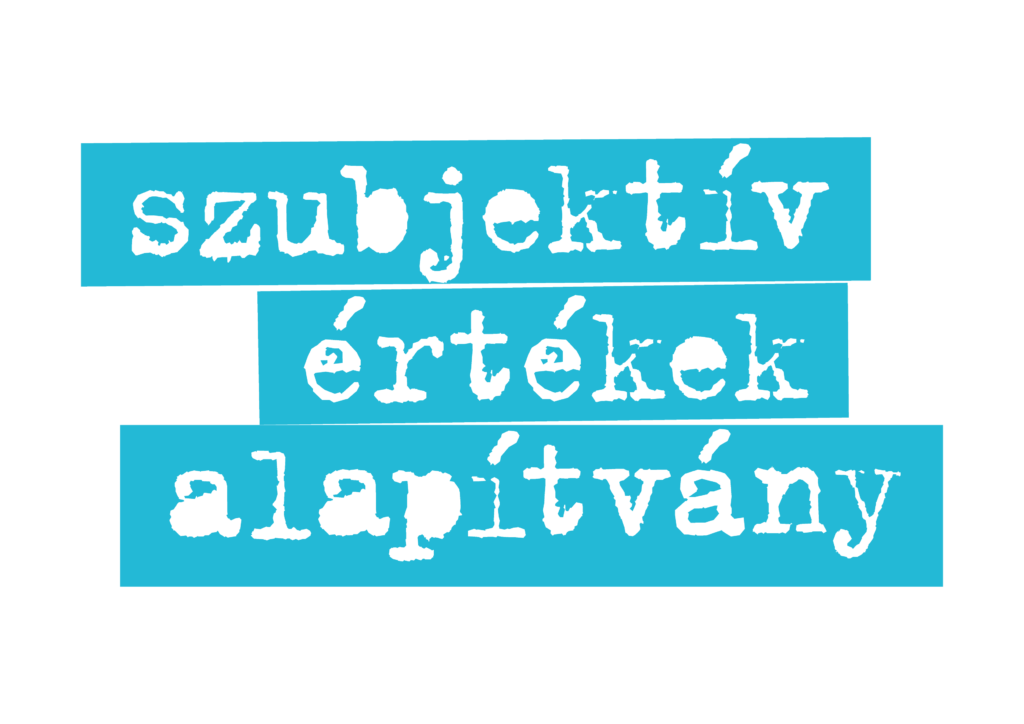 |
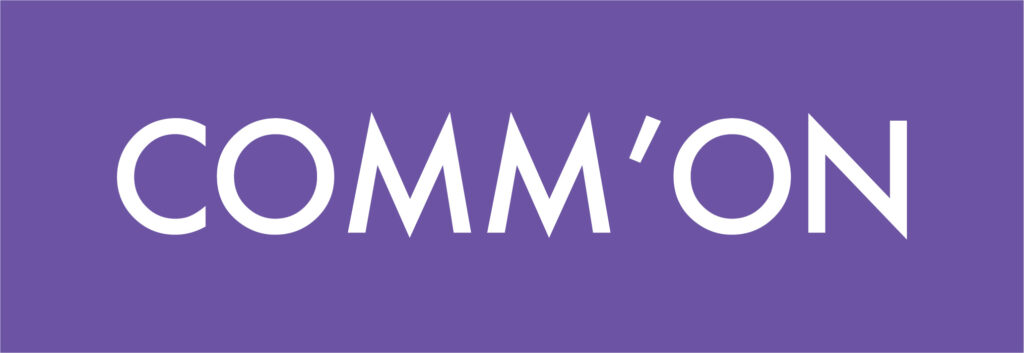 |
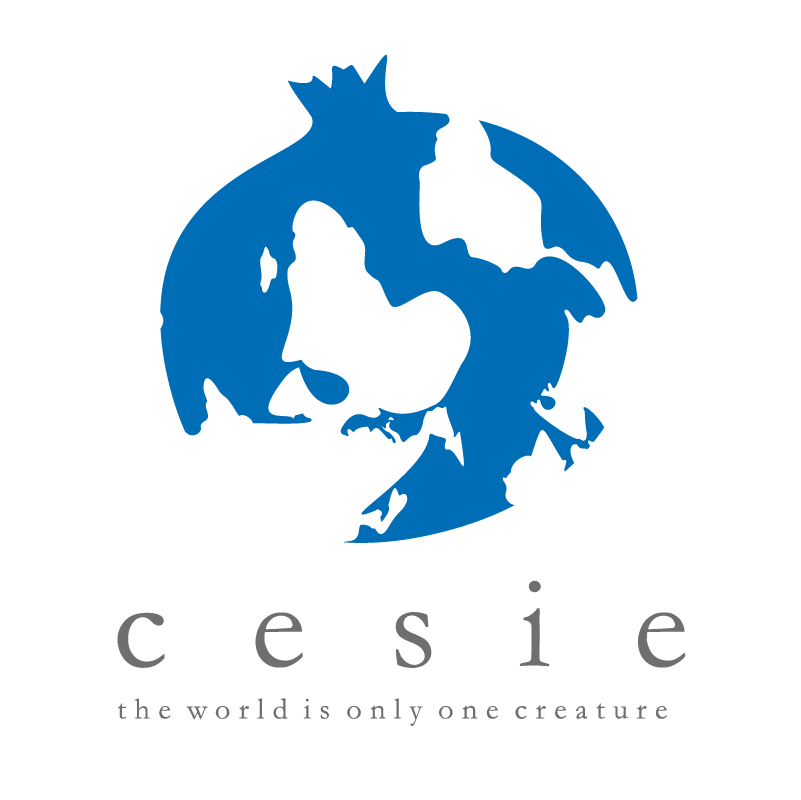 |
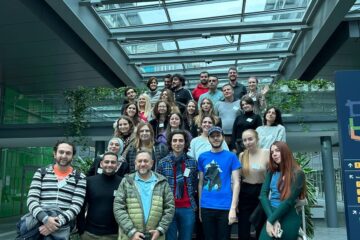
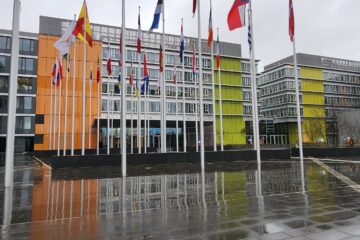
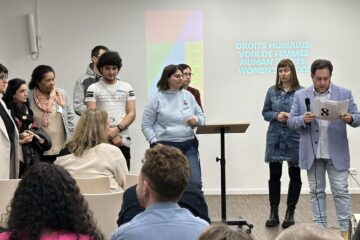
0 Comments